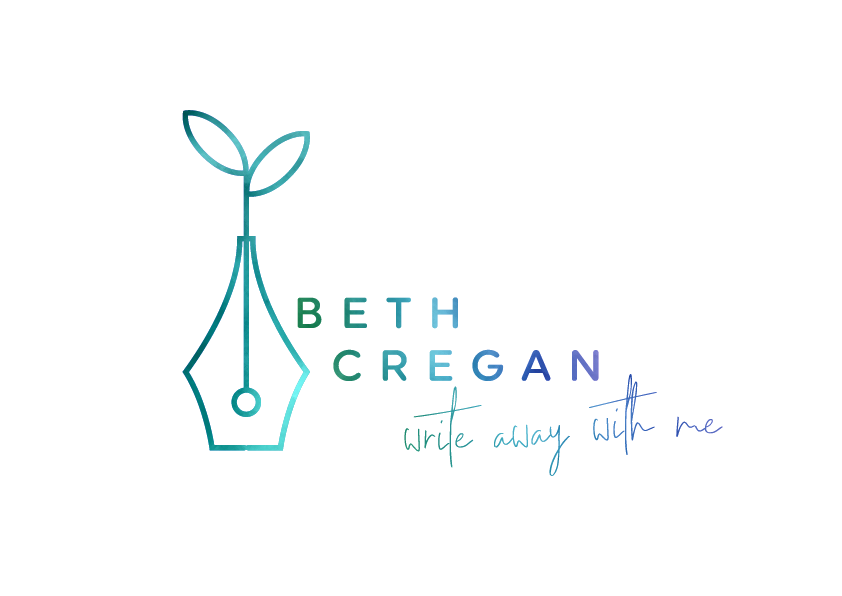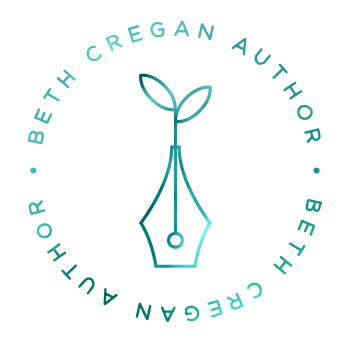Today I want to tell you a story. It's a story about what can happen when your writers go public with their work. It's a story about writers connecting with an audience. But mostly it's a story about how you can encourage your writers to make that bold leap from students to real (published) writers. This term I worked after school for eight weeks with a group of students from Years 4-6. We developed an extended narrative, working through the writing process from idea generation to a completed story. Sometimes I wonder whether a program of 8 single workshops would be easier for writers. A new bolt of inspiration each week. I often drive home mulling over how to strike a balance between making writing fun and exciting and giving writers a real taste of the way stories come together over time. (And the grit that is required by a writer.)
Monday afternoon was our last workshop for the term. Traditionally we throw open the doors and invite parents to come and hear writers read a part of their story.
How much do I have to read?
I haven't finished my story!
Will all the parents be listening?
I answered their questions one by one. I kept reminding them that we're not putting on a staged cabaret show. You know your stories inside out, I tell them. You have done something many people in the world dream of doing. You have set aside time each week to write a story. Stand tall. Let your stories speak for themselves.
Soon parents and family members arrive. Suddenly those weeks of chasing ideas, planning and writing all intersect. One writer starts us off; his voice commands the space. He reads with such conviction. He knows exactly how his character would say the words. And then the next writer shares and then the next. After the readings, writers discuss their writing process.They talk about the hardest part of writing a story. They speak about how it feels to finish that last line. (For my money, this conversation is more captivating than most cabaret shows.) Writers who have struggled to finish, smile widely. Like the heroes of old, they have finally completed their quest. And they would do all again! In an impermanent world where ideas come and go, this group of writers have followed a story from beginning to end. They have created something from nothing.
I love watching the interaction between audience members and writers.During every reading I've hosted, there is a notable shift of energy in the room. If during the program, students played with the idea of 'being a writer', now they step into their 'author shoes' and walk the floor. They own the space. Afterwards, I watch as parents congratulate their young writers. I was in earshot of a parent seeking out another writer to say how taken she was with this girl's prose and imagery. The parent even repeated back the phrases she loved most. The writer blushed and beamed. I know from experience that feedback keeps a writer motivated and engaged long after the conversation fades. Another parent recounted to me afterwards how she had watched her son's original idea develop and change. 'Writers, she said, 'need to be flexible and adaptable thinkers. You can't have rock brain." (And of course, I wrote that down right then and there.) At the end of the reading, I looked up to see a quote by Krishna Pal on the library wall.
"All that is not given is lost."
I've been hosting readings each term for seven years, and tonight I realise that sharing your writing is a gift: a tremendous act of generosity.
Tips For Hosting A Reading
I send an invitation via email before the reading to explain that this is an informal opportunity for writers to connect with their audience and go public with their writing.
I also make it clear that reading aloud is voluntary and in the name of creativity, I ask parents to respect this.
You could host a reading with any group: students, family members, staff, grandparents.
If possible, host the event in a space that allows the audience to be close to the writers. If the room is too large, it feels daunting. I prefer not to use microphones.
Writers set up chairs in a semi-circle, facing the audience.
Usually, we leave our writing books on the floor until it is our turn to share to avoid rustling papers.
Writers sit together as a group and actively listen to each other whether they are reading or not. This holds that space and supports for the person who is reading.
Writers let me know beforehand if they do not want to read their work. They are free to change their mind during the reading (and often do).
Tentative readers benefit from listening to their peers read first before they have a turn.
First-time readers might choose to only share their title or perhaps a first and last sentence.
I try not to make a great fuss about the reading itself. It is an organic process rather than a staged event. Each writer chooses a short section of their work to share, and we practise together before the audience arrives. We have been workshopping our writing all term, so reading aloud comes more naturally now.
I work with groups of 16 students. You could consider breaking your reading into two shifts at different times. If the groups are too large, concentration fades towards the end. I also like all students to have the opportunity to participate in the Q and A.
Sometimes I provide question cards for parents to get the ball rolling for The Q and A. These cards could be available at the door or even in the email invitation. Your writers could come up with a list of questions they would feel confident to answer.
Consider hosting a short reading with parents at the start or end of the school day or make this a regular part of your writing program by having a weekly reading with your students.
Hosting a reading doesn't need to be a big event. But one thing is for sure; the more writers go public, the more they understand the link between purpose and audience.
It's a fast world out there, dominated by screens, technology and constant activity. In stark contrast, a story inches its way forward, word by word. Sometimes the writing rushes forth and writers find themselves racing behind catching words as they fly. Sometimes the writing slows to a standstill, as if the faucet has been turned off. Anyone who writes knows that sometimes it's a slog. This is the reality. Writing is both muck and magic. But as this group of young writers discovered, whether the muse is playing fairly or not, you still need to turn up and keep writing. You need to make a pact with yourself to keep moving your story forward. Along the way, you build trust, discipline and self-respect. And you have something tangible and real to show for your efforts. So don't overthink it. Keep it super simple. Go public. Let your writers steal the show.
“After nourishment, shelter and companionship, stories are the thing we need most in the world.”








